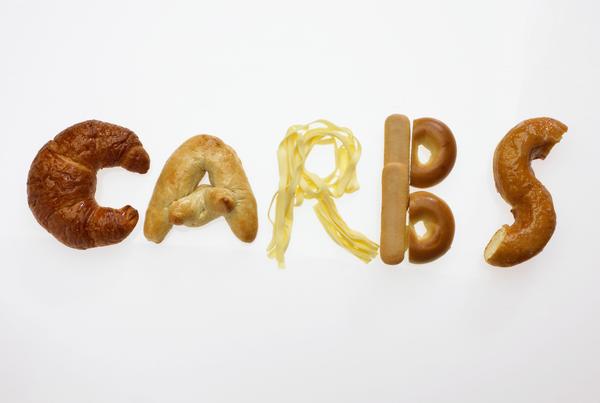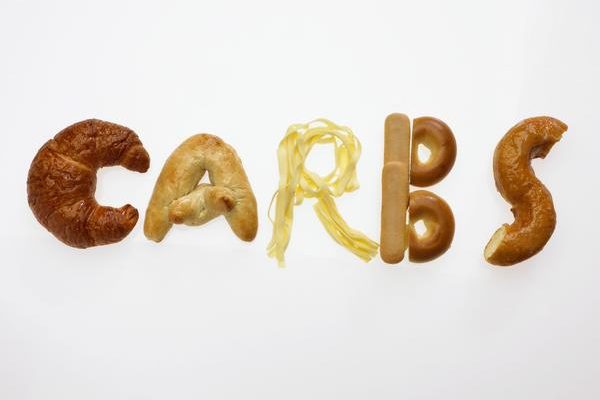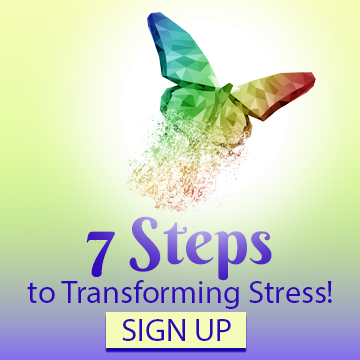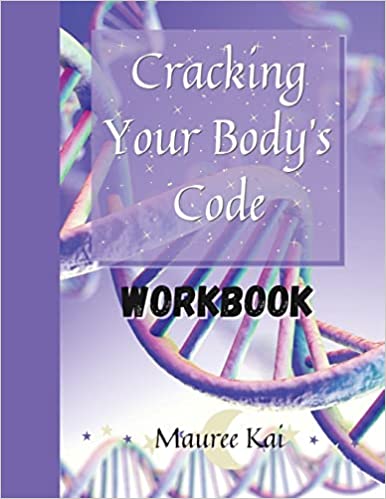 Who doesn’t like carbs? Carbohydrates can be found everywhere and come in many forms. This includes vegetables, fruits, breads, crackers, bagels, chips, pretzels, cereals, popcorn, cookies, pasta, rice, legumes, nuts, whole grains, and seeds. We need to eat carbohydrates, as they are an important macro-nutrient along with proteins and fats, for energy production.
Who doesn’t like carbs? Carbohydrates can be found everywhere and come in many forms. This includes vegetables, fruits, breads, crackers, bagels, chips, pretzels, cereals, popcorn, cookies, pasta, rice, legumes, nuts, whole grains, and seeds. We need to eat carbohydrates, as they are an important macro-nutrient along with proteins and fats, for energy production.
So, what seems to be the problem?
The first problem is that eating just one piece is never enough. Did you ever just eat one pretzel or one cookie? When people are addicted to carbohydrates, they have strong, frequent craving for foods like chips, pretzels, crackers, pasta, fruit juice, sweets, bread, donuts, and more. This leads to an over-consumption of carbs, causing blood sugar spikes. Blood sugar spikes lead to elevated insulin levels that can cause food to be converted into body fat. Eating excess carbohydrates will also leave you feeling less satiated, so you will continue to crave more carbs. It becomes a vicious cycle with no happy ending. Does this sound like you?
The problem doesn’t end with eating more carbs. You now have blood sugar issues that can cause you to feel sluggish, depressed, and anxious. You might also suffer from poor memory, lack of concentration, headaches, and mood swings. As your energy level plummets, you reach for snacks and other quick pick me ups that are loaded with carbs. Getting up in the morning is difficult. You hit the snooze button several times before your feet finally touch the floor. Your energy is really lagging by mid to late afternoon.
There are things you can do for yourself to get off this roller coaster of carbohydrate addiction:
- First, understand the difference between a simple carbohydrate and a complex carbohydrate. Decrease you consumption of simple carbohydrates like refined flours, alcohol, fruit juices, pasta, chips, etc.
- Limit your coffee intake.
- Add protein to all your meals, including breakfast and snacks.
- Eat three balanced meals and two small snacks everyday to keep your blood sugar level consistent.
- Increase your intake of vegetables including leafy greens into your diet. You can steam them, add them to soups and casseroles, make a smoothie. Add them to scrambled eggs, roast them, and juice them.
- Use a good vegetarian digestive enzyme with every meal to help breakdown your food and get as much nourishment from what you eat as possible.
- Exercise daily. Exercise helps improve metabolism and lightens the mood.
- Add omega 3 fatty acids, found in eggs, nuts, and seeds, to your diet.
- Add chromium and L-glutamine supplements to help ease your carb cravings.
- Manage stress in your life. There is nothing more detrimental to your health than emotional eating. When you are feeling stressed, the release of cortisol and adrenaline contributes to poor sugar management which leads to more carbohydrate cravings.
If you have tried all these suggestions and your cravings have not subsided, call me. You do not need to suffer endlessly. There are often underlying causes for carbohydrate cravings.
I work with people who crave sugar and carbohydrates. I help them by resolving the core causes of their cravings, increasing energy levels, and making dietary and lifestyle changes to restore health and vitality.



